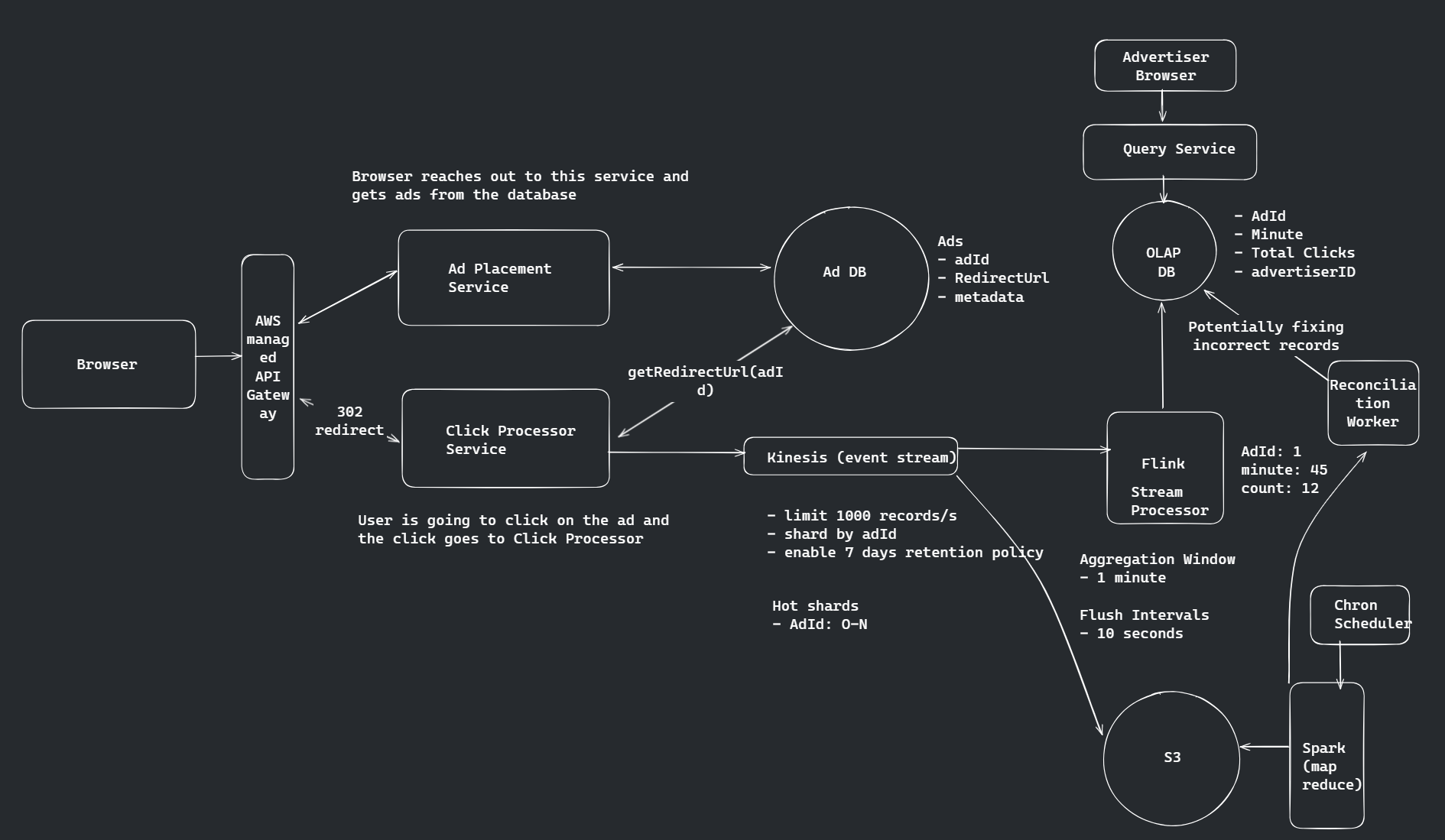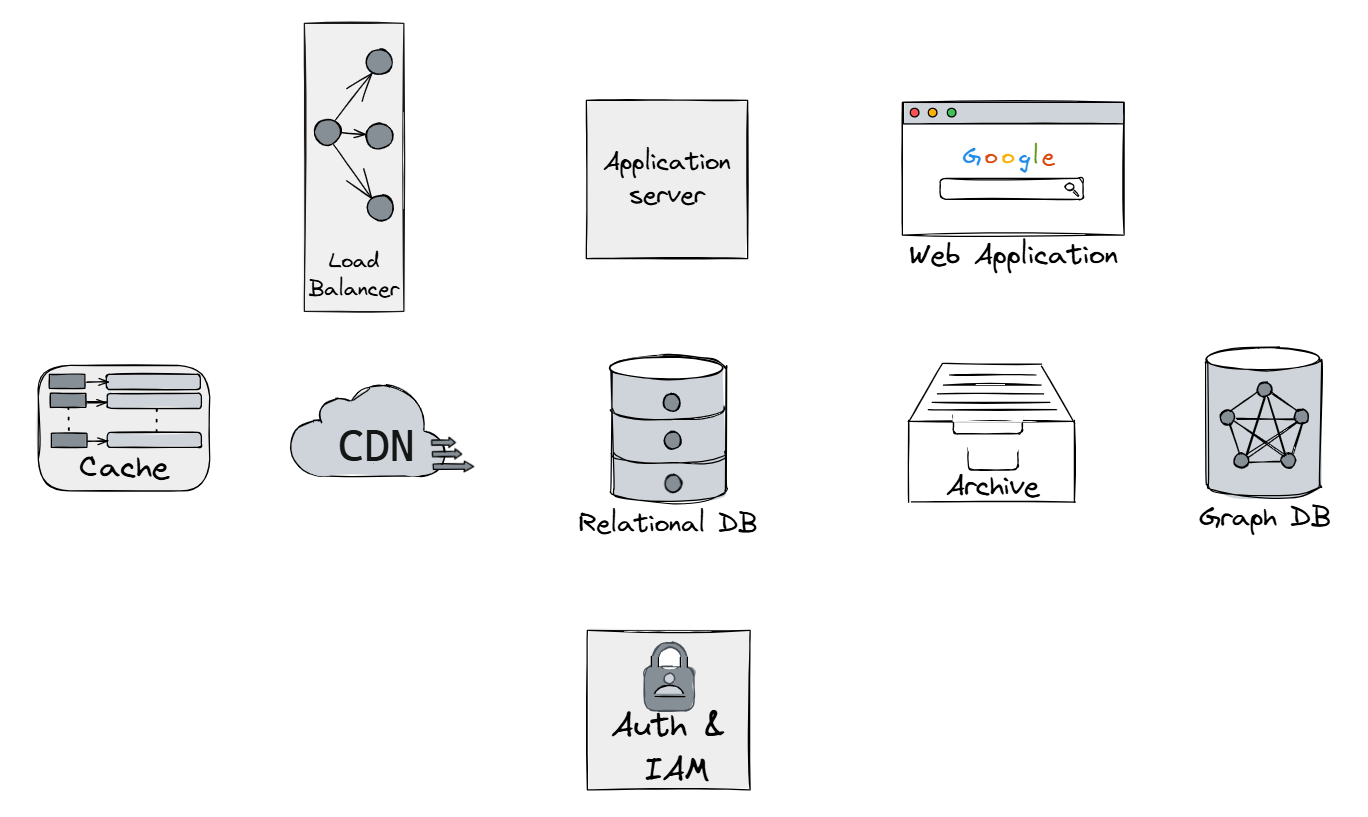Articles.
Designing Robust Systems
Principles • Practices

Why We Design
System design exists to bridge abstract requirements and real-world constraints. It isn’t just about scaling, it’s about ensuring the system reflects trade-offs between consistency, latency, reliability, and cost in a way code alone cannot.
Significance
Each core element: storage, compute, communication, caching, monitoring; is a lever that alters system behavior. Their interplay defines whether a system feels instantaneous, resilient under pressure, or brittle when stressed.
Shaping The Outcome
A tiny choice in data modeling, load balancing, or replication strategy can ripple into years of operational consequences. These decisions shape not just performance, but also failure modes, observability, and even the developer experience.
Solving Problems
System design reframes problems as flows of information and constraints. Instead of patching symptoms, it surfaces bottlenecks and fault lines, allowing solutions that are composable, testable, and evolve gracefully with scale.

Check out my "System Design" repo on Github.